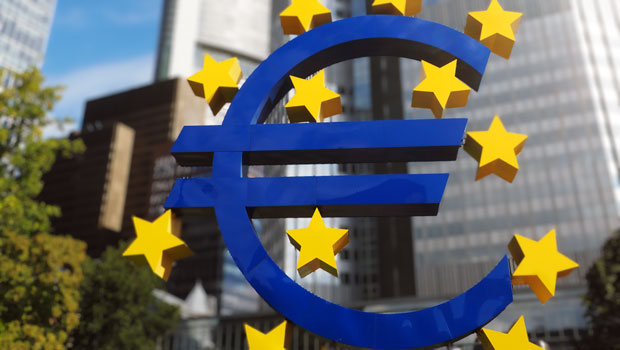Eurozone private sector economic activity expanded in March for the first time in 10 months, according to revised statistics released by the Hamburg Commercial Bank (HCOB) on Thursday.
Last month's second estimate of the closely watched Eurozone Composite Purchasing Managers' Index (PMI), which measures the situation in both the manufacturing and services sectors, was raised to 50.3, up from 49.9 earlier in February. exceeded the standard. 49.2.
The reading above 50.0 marked the first month since May 2023 that showed an increase in economic activity.
This improvement was due to continued strength in the services sector, with the services PMI rising from 50.2 to 51.5, offsetting the continued weakness in manufacturing, where the PMI fell from 46.5 to 46.1.
HCOB said growth was supported by the region's third consecutive month of net employment growth, as well as stabilizing demand and “continued efforts to clear the backlog.” Meanwhile, inflationary pressures continued to ease, and expectations for business activity were the most optimistic since February 2022.
HCOB released a number of services PMIs across the continent on Thursday, with big economies Italy, France and Germany all outperforming expectations in March, although only Germany saw activity increase last month.
Cyrus de la Rubia, chief economist at HCOB, said the euro zone's services sector was “gradually finding its footing” after stabilizing in February. “Finally, we have another good news,” he said.
“In particular, it is encouraging that new business growth has resumed after an eight-month drought. This positive trend is set to continue, supported by wage growth outpacing inflation, strengthening household purchasing power. As a result, individuals will have more purchasing power to eat out, travel, and spend money on other services.
“But a full-fledged boom is not around the corner,” he added.

